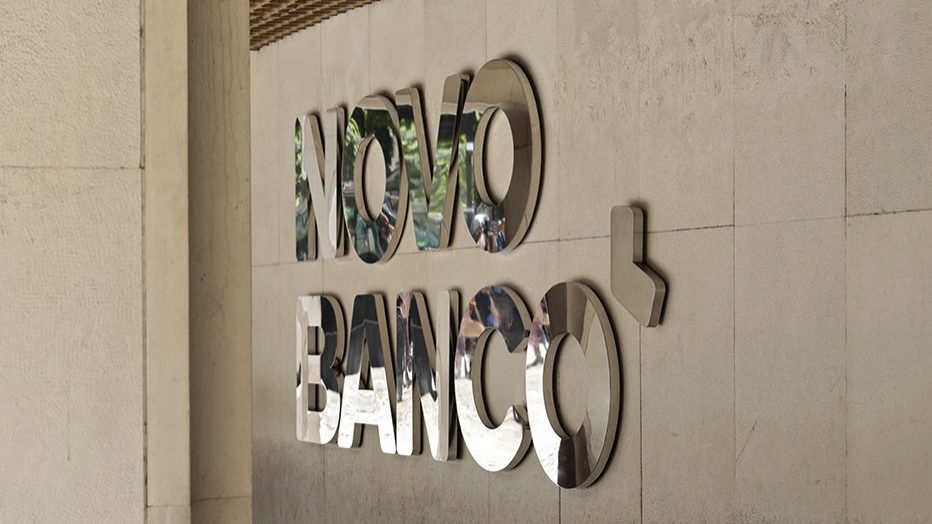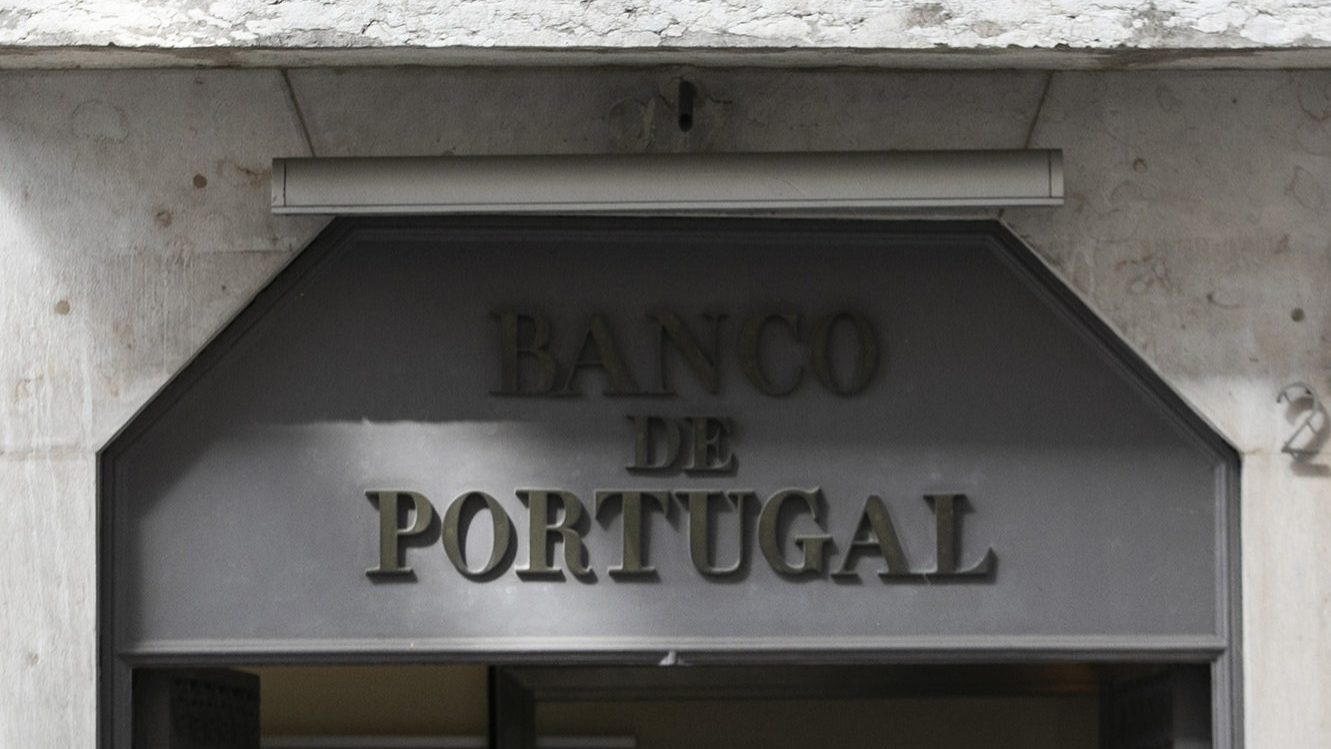Company borrowing difficult even before Covid-19 – ECB
According to the European Central Bank (ECB), Portuguese small and medium-sized enterprises (SMEs) already had difficulties in accessing credit before the Covid-19 pandemic.
Portuguese small and medium-sized enterprises (SMEs) already had difficulties in accessing credit before the Covid-19 pandemic, according to a survey published in an article by the European Central Bank (ECB), released on Wednesday.
“The deterioration in turnover and profit in SMEs in the euro area was seen as an impediment to obtaining external financing (-18%, after 5%) for the first time since September 2014, particularly among Spanish, Italian and Portuguese SMEs,” an article in the ECB’s economic bulletin released today said.
The article presents the results of the Survey on Access to Financing by Enterprises (SAFE), which covers the period from October 2019 to March 2020.
“Since the survey was conducted between March 2 and April 8, companies were able to account for the impact of the crisis to some extent. However, the results of the survey on past issues can only show partial effects of the crisis”, the article noted.
Also on internal financing sources in the period under review, Portuguese entrepreneurs reported a net availability of -26%, more negative than entrepreneurs in France (-23%) and Italy (-21%).
In terms of the expected availability of external sources of finance, the largest reported declines in SMEs in the euro area were in Spain, Italy, Portugal and Slovakia and were “even more limited than in 2012 when 15% of SMEs reported a deterioration in expected availability” of funds.
In general, over the period analysed, SMEs in the euro area “reported a decline in turnover for the first time since the beginning of 2014” of -2%, when the previous survey figure had been an increase of 20%.
“Despite some differences between countries, the deterioration was widespread. The most acute declines were recorded in Italy, followed by Slovakia, Greece and Spain, while in Germany and France a much smaller percentage of SMEs indicated, on average, an increase in turnover,” the article by economists Katarzyna Bańkowska, Annalisa Ferrando and Juan Angel García said.
The profits of SMEs in the eurozone also weakened (-15%, after -1%) in the period October 2019 and March 2020, and were “particularly strong among Greek, Spanish, Italian and Slovak SMEs.”
“At the sectoral level, industry seems to have been most affected by the deterioration in profits (-20%, after -7%), especially in Italy. In the trade sector, 19% of SMEs in the eurozone also reported a decline in profits, with the percentage reaching 37% in Italy and 30% in Spain,” details the document released today.
In access to corporate finance, the general economic outlook has negatively affected this process (-30%, compared to -13% previously) to the greatest extent since March 2013, and has been widespread but noted “particularly in Germany, Italy and Finland”, and in sectors, with industry at -31%, construction at -21%, services at -31% and trade at -30%.
Regarding the future, on the day the World Health Organization (WHO) declared a pandemic (March 10), “17% of companies, on average, expected a deterioration in the availability of bank loans and credit lines”, but that figure was already at 41% for loans and 43% for credit lines on the 18th, when the ECB announced its emergency asset purchase program (PEPP).
“Although it is not possible to infer the direct impact of the PEPP announcement on business expectations, there seems to have been some mitigation of its pessimistic view of banking products from that date onwards,” according to the ECB article.


